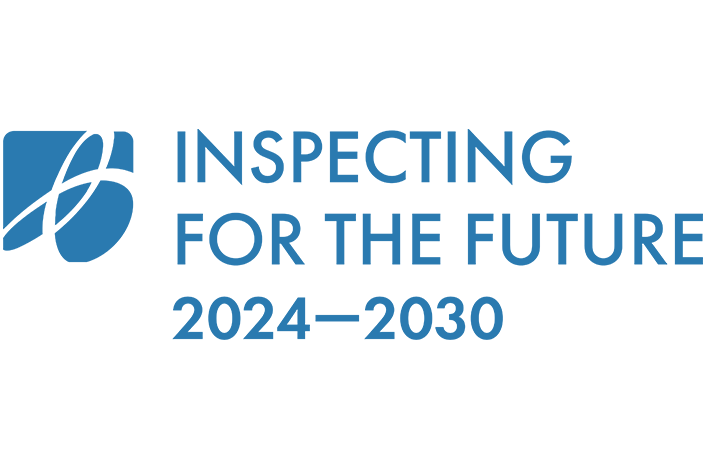Archives: News Articles
The report, Equity of curriculum experience for pupils who are educated other than at school (EOTAS), reveals that learners often want to stay in a PRU rather than return to mainstream education. In conversations with inspectors, learners shared that they feel more supported and appreciated in PRUs. Very few wanted to return to mainstream school. There needs to be appropriate support for them to make a successful transition back to mainstream schooling and allow the valuable early intervention work that PRUs are doing to be accessible to other young people who need it.
Chief Inspector, Owen Evans, says, ‘Early intervention is vital for learners at risk of being excluded from mainstream school or struggling to attend due to social, emotional or wellbeing needs. PRUs are an essential part of the education system but too many pupils end up staying there too long. This report comes at a time when referrals to EOTAS providers have significantly increased. Today’s findings and recommendations provide vital insights into the challenges of the system right now, and how it could better support some of our most vulnerable learners.’
The inspectorate also found that too many pupils receive only a part-time education through their PRU or local authority tuition services. Ensuring that learners receive their entitlement to a full-time education is a key recommendation in the report.
Featured in the report are case studies from PRUs across Wales. Ysgol Plas Cefndy, Denbighshire, offers blocks of short-term placements for primary pupils that shares time at the PRU with time in mainstream education. This set pattern keeps learners connected with their mainstream school, helps the PRU and school work together on the curriculum and supports reintegration when the time comes. As a result, there are high rates of pupils returning to their mainstream school.
Andrea Davies, HMI and report author, says, ‘I’d like to thank the local authorities that we visited for their openness and transparency. So many professionals showed their dedication to getting the support right. I’m also grateful to the learners for sharing their experiences.’







